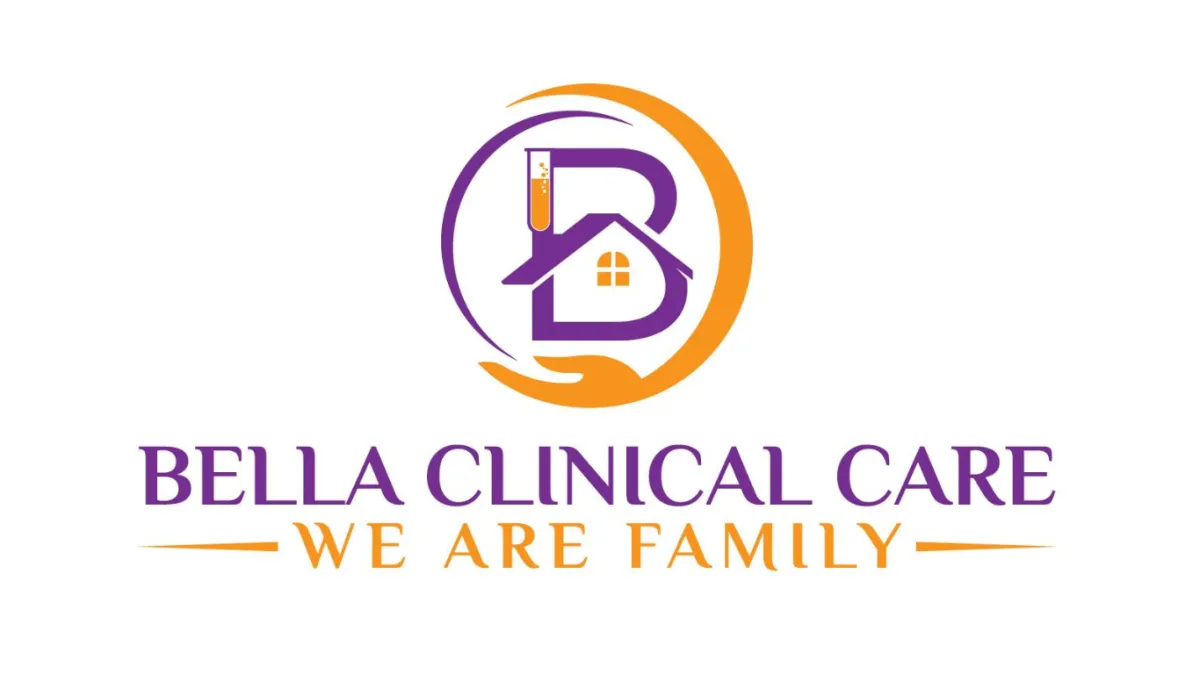
September is National Sickle Cell Awareness Month: Let’s Raise Awareness
At Bella Clinical Care, we believe in empowering our community with knowledge about critical health issues. September is National Sickle Cell Awareness Month, a time dedicated to spreading awareness about Sickle Cell Disease (SCD), a serious inherited blood disorder that affects millions worldwide. This month, let’s take a closer look at what SCD is, its impact, and how we can all help.
What is Sickle Cell Disease?
Sickle Cell Disease is the most common inherited blood disorder in the United States, affecting approximately 100,000 Americans. People with SCD are born with it, as it results from inheriting two sickle cell genes (one from each parent). This disease is characterized by the abnormal shape of red blood cells, which resemble crescents or sickles, instead of the normal disc shape.
The irregularly shaped red blood cells can block the flow of blood through vessels, leading to pain and potentially serious complications like strokes, organ damage, or severe infections.


Symptoms and Early Signs
Symptoms of Sickle Cell Disease can vary, but many individuals start showing signs by about 5-6 months of age. Some common symptoms include:
Yellowing of the skin and eyes (jaundice)
Fatigue or fussiness due to anemia
Painful swelling in the hands and feet
Episodes of severe pain, often called "pain crises," are a hallmark of SCD and can significantly impact a person’s quality of life.
Treatment and Managing SCD
SCD is a lifelong condition; however, there are treatments to manage symptoms and reduce complications. Blood transfusions, pain management, and regular medical care play crucial roles in helping those with SCD lead healthier lives.
In recent years, advances in medicine have offered new hope with treatments like bone marrow transplants, gene therapy, and clinical trials. While not everyone is eligible for a transplant, it remains the only known cure for SCD.
Importance of Early Diagnosis and Screening
Early diagnosis is critical for managing SCD. Every state in the U.S. now screens newborns for SCD, ensuring that treatment can begin as early as possible. If you or someone in your family has a history of Sickle Cell Trait or SCD, it’s important to speak with your healthcare provider to understand your risk and explore genetic counseling.
How You Can Help During National Sickle Cell Awareness Month
Raising awareness is essential in the fight against Sickle Cell Disease. Here are a few ways you can contribute:
Learn and share information: Educating others about SCD can help remove stigmas and improve understanding of this condition.
Donate blood: Regular blood donations are vital for people with SCD who need transfusions to stay healthy.
Support organizations: Many organizations are dedicated to supporting research and providing resources for those affected by SCD. Your contributions can make a difference.
At Bella Clinical Care, we are committed to supporting the health and wellness of our community. If you or a loved one needs more information or support regarding Sickle Cell Disease, please reach out to our team.
Together, we can raise awareness and bring hope to those affected by Sickle Cell Disease.
Learn more at sicklecell.nhlbi.nih.gov





Facebook
Instagram
LinkedIn
TikTok